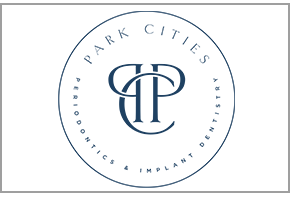Fortunately, gum disease doesn’t have to result in such serious consequences for the patient, though. When patients pursue treatment in earlier stages of gum disease, it is possible to prevent such outcomes and restore healthy gum tissue.
If you notice signs of gum disease, such as gum recession, you should consult with a periodontist as soon as possible to learn about your treatment options and prevent further damage to your smile.
Gum Disease: A Progressive Condition
Gum disease occurs when oral bacteria begin to attack the gum tissue. This condition typically develops as a result of poor oral hygiene, but there can also be a genetic predisposition that puts patients at increased risk.
Indications of the earliest stage of gum disease, known as gingivitis, may include the following symptoms:
- Redness
- Puffiness/swelling
- Bleeding (even if it only occurs while brushing or flossing)
- Persistent bad breath
If gingivitis goes untreated, it advances into periodontitis, which is marked by issues such as pockets between the teeth and the gums or noticeable recession of the gum tissue. In later stages, periodontitis may even compromise the teeth and the underlying bone tissue.
Periodontal Treatment: The Health Benefits for Your Smile and Your Body
Fortunately, you can avoid such severe consequences for your oral health if you seek treatment from a periodontist. Gingivitis can be treated with a thorough professional cleaning of your teeth and gums. However, gum recession may warrant a surgical procedure, specifically a gum graft.
In this intervention, the periodontist takes gum tissue from a donor site elsewhere in the mouth or from an external donor source and inserts it at the site of insufficient gum tissue.
Following up with your provider after you receive treatment for gum disease is also essential. This can prevent a relapse of gum disease, which could warrant another gum graft or even more complex treatment.
Are you concerned about your oral health after noticing signs of gum recession? Call our team at Park Cities Periodontics and Implant Dentistry to schedule an evaluation and get started on your treatment for restoring healthy gum tissue.
